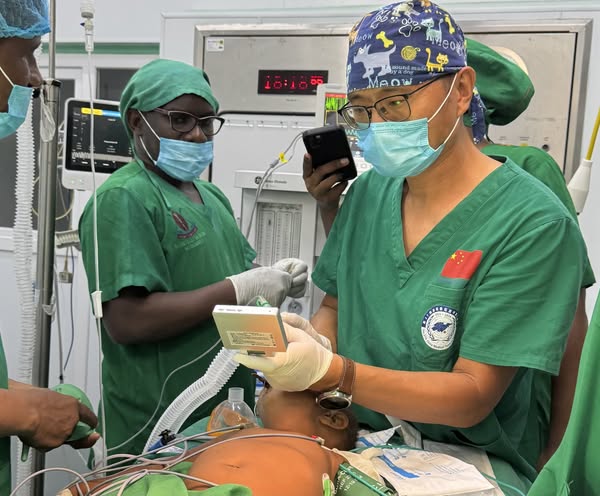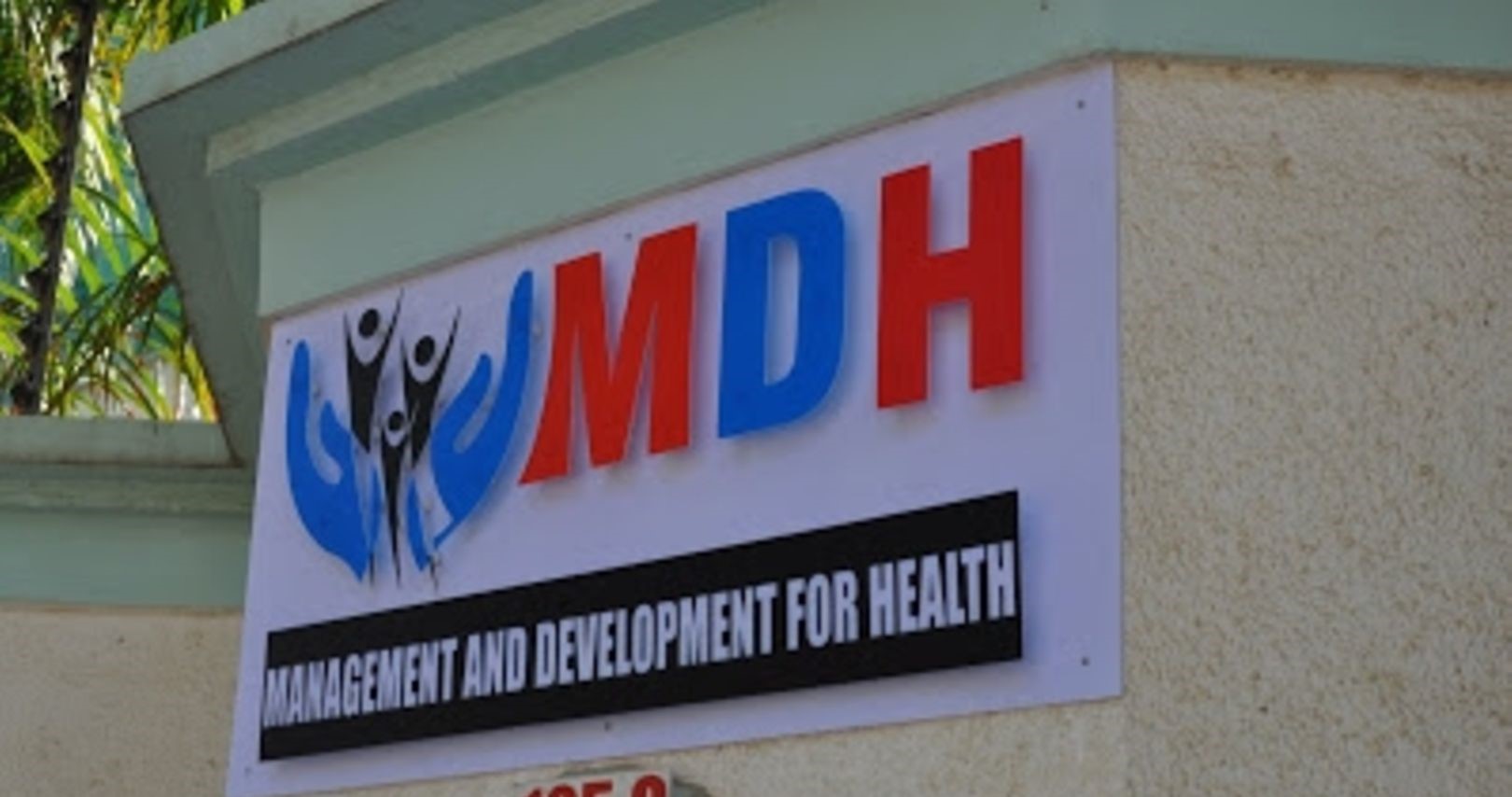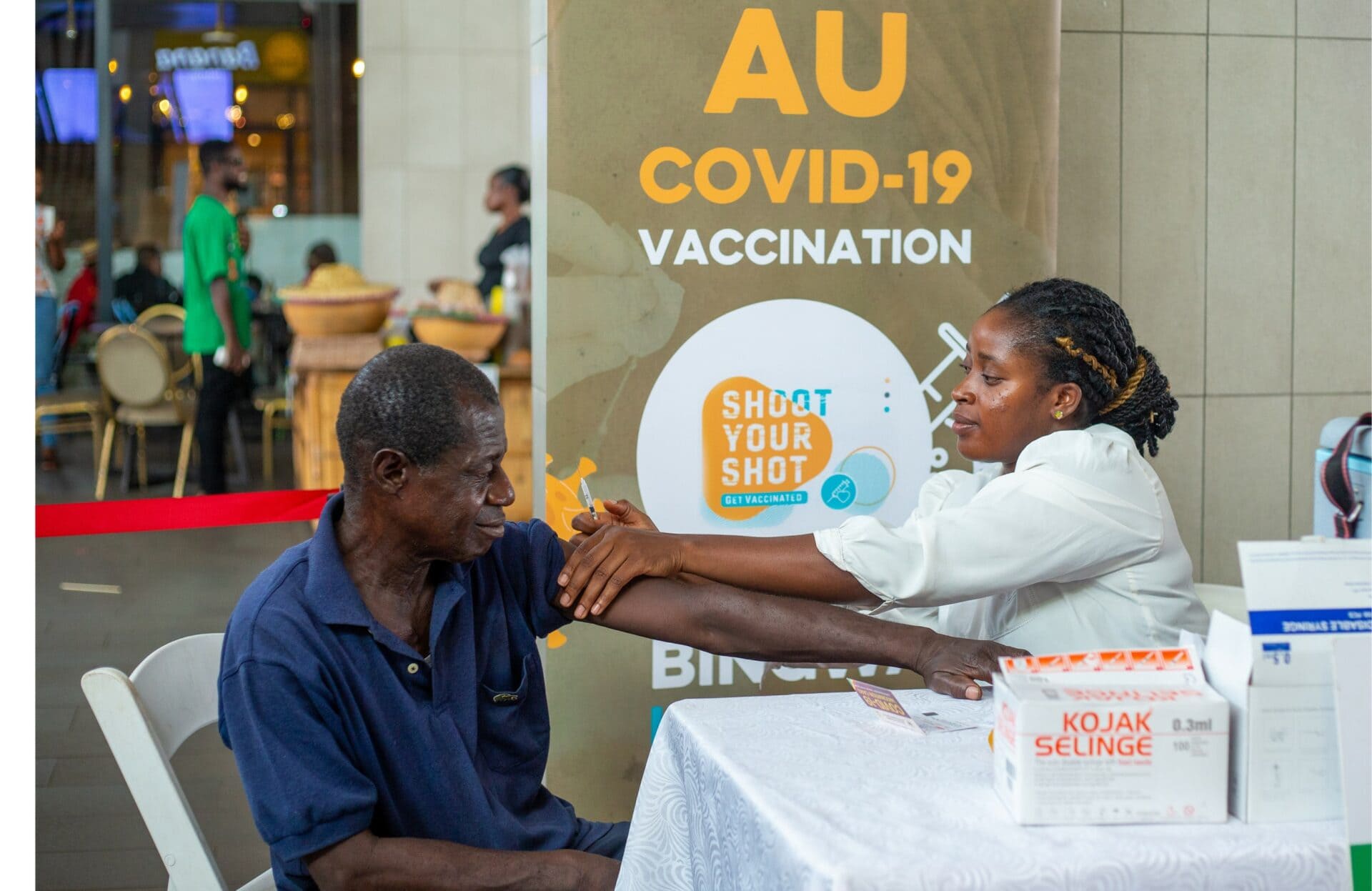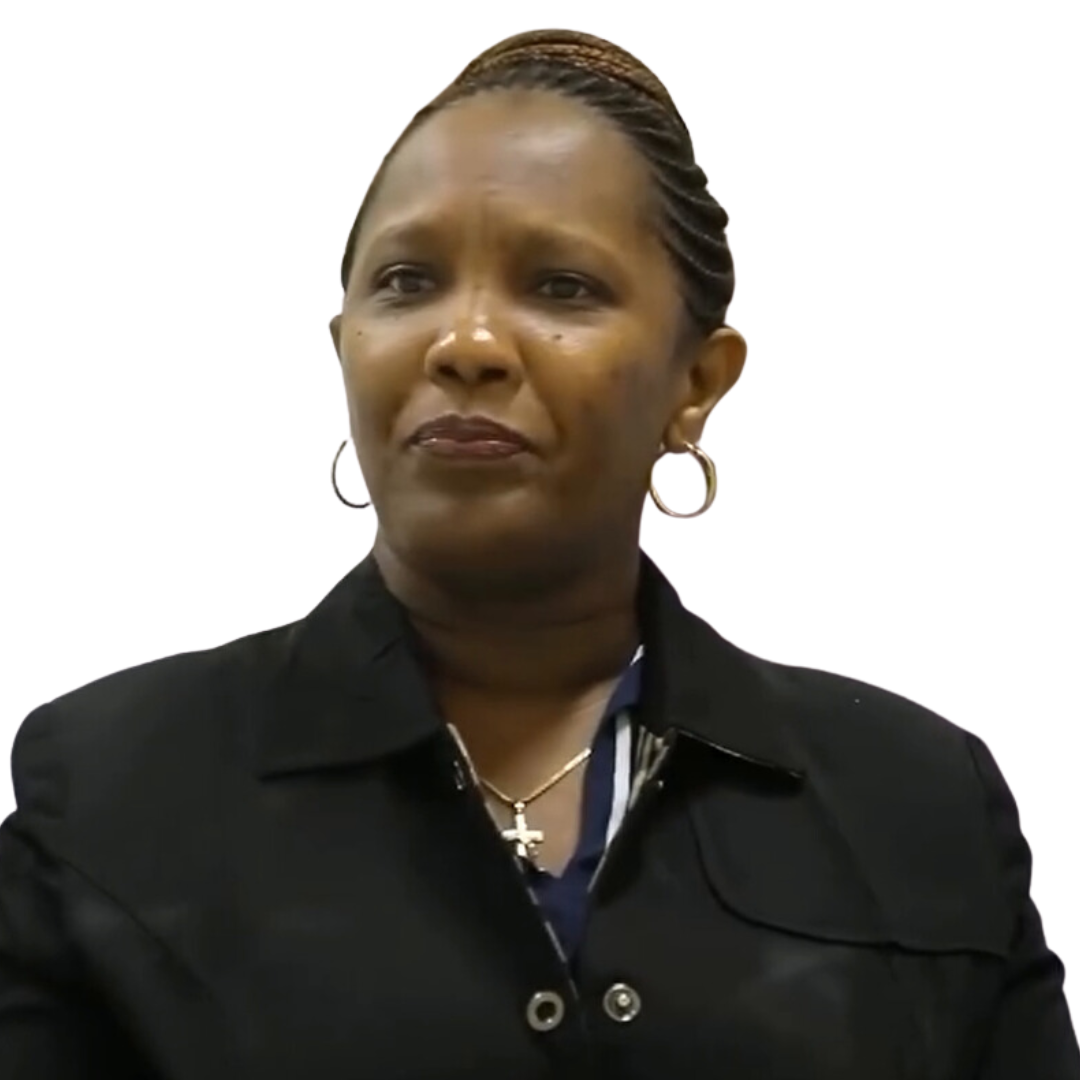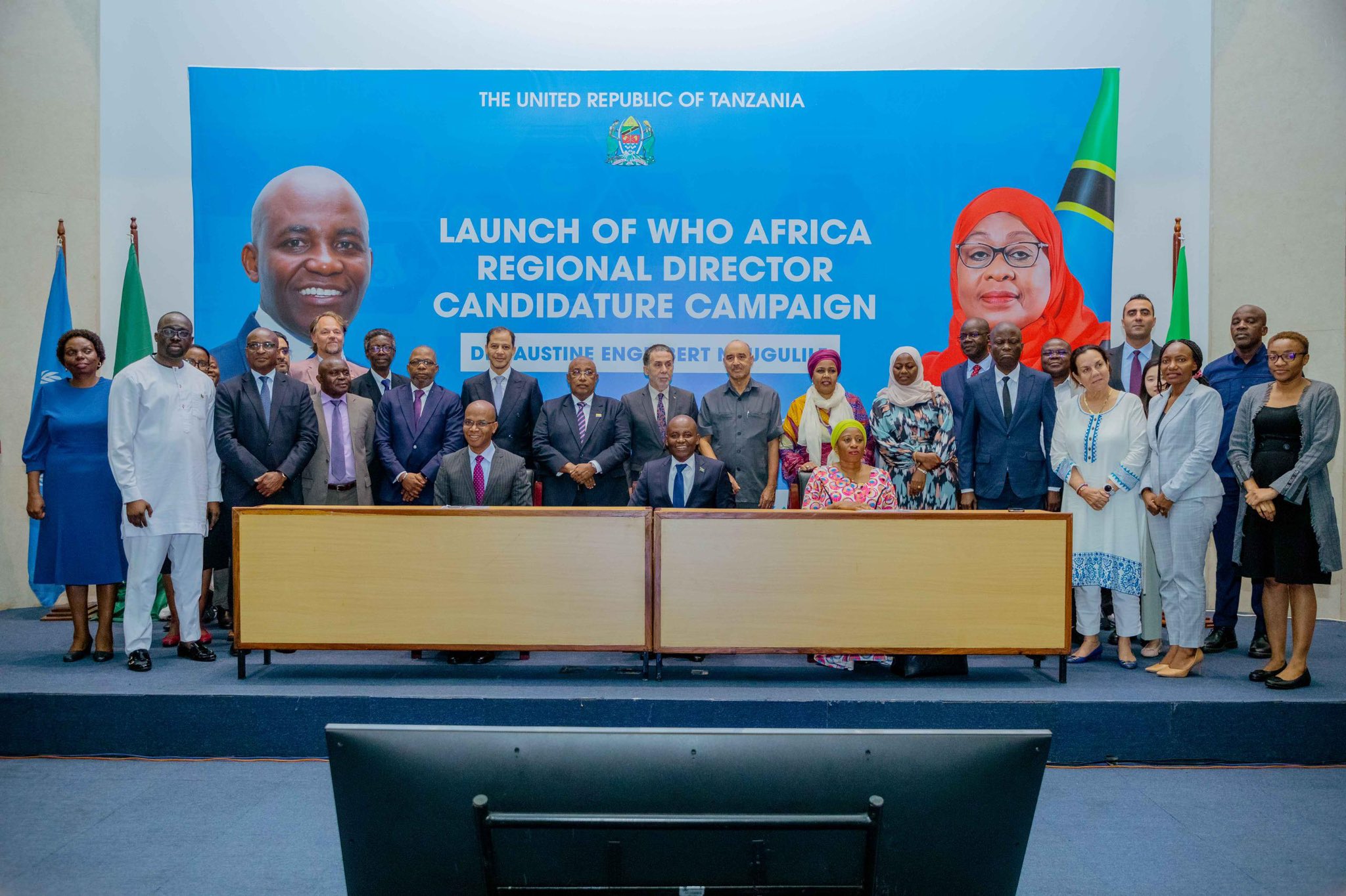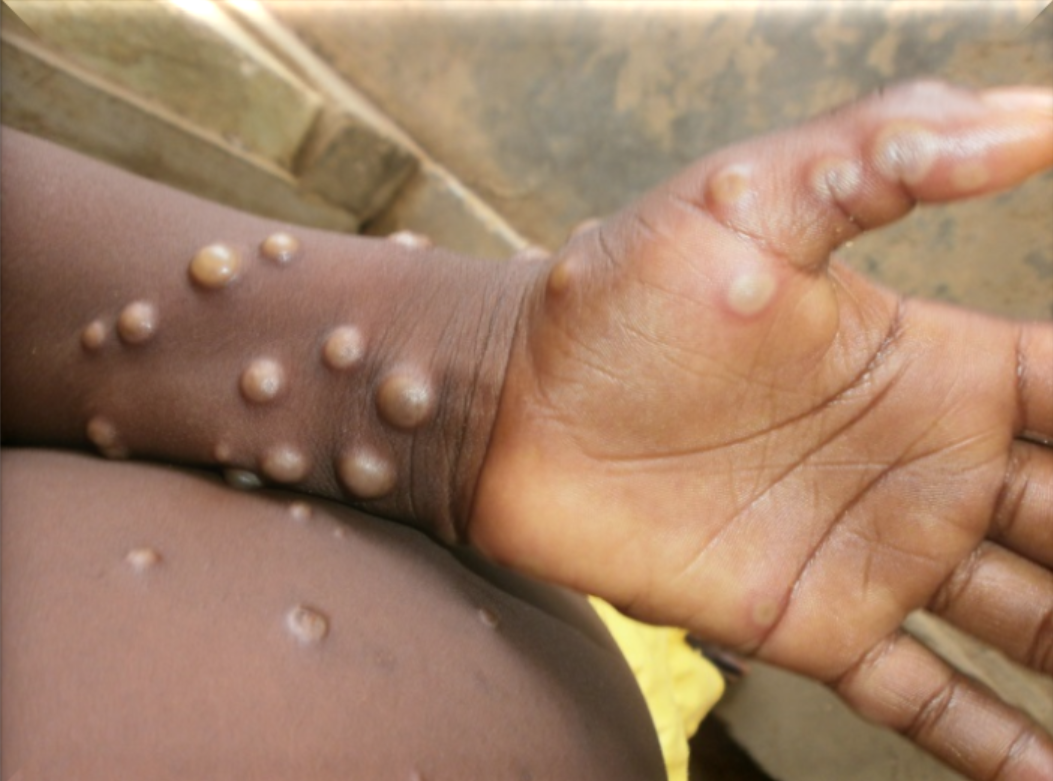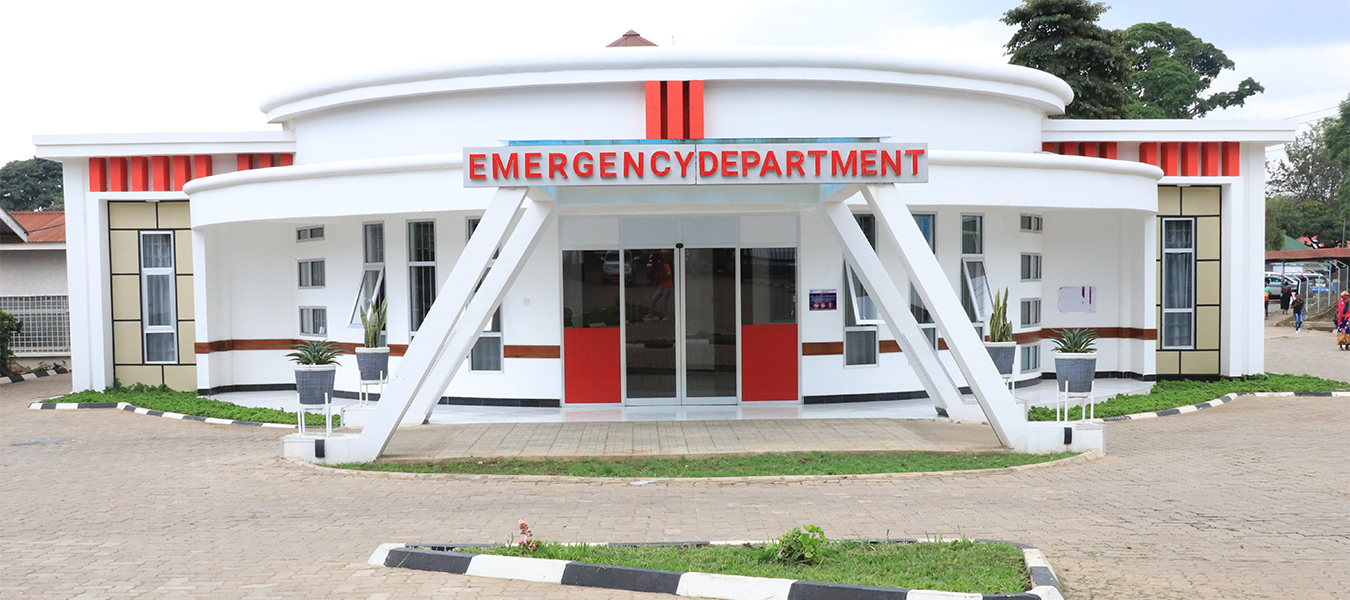Over a year ago, Africa witnessed the birth of a strategic youth movement: the African Union Bingwa initiative, under the Africa CDC, which is credited for successfully boosting the continent’s COVID-19 vaccination campaign, symbolizing a turning point in the purposeful engagement of youth in matters of public health.
In Africa, where the youth form 60% of the continent’s population, this was a critical force. The Bingwa initiative initially focused on rallying the youth to mobilize their communities for COVID-19 vaccinations which raised the continent’s coverage from 26% to 53%.
Now that an end to COVID-19 as a global health emergency was declared about five months ago, the urgency of the pandemic has evolved. However, the public health landscape in Africa remains riddled with challenges that demand immediate attention.
Anodi Kaihula-AU Bingwa(2023)-Africa CDC
The intersection of climate and health, the looming threat of Antimicrobial Resistance (AMR), the silent crisis of mental health, the transformative potential of digital health, and the ongoing need for comprehensive immunization programs, including those targeting Human Papillomavirus (HPV), paint a complex canvas. Each of these issues requires a nuanced approach, and their interconnected nature necessitates a departure from siloed strategies.
As public health leaders gathered this week in Lusaka, Zambia for the International Conference on Public Health in Africa(CPHIA), the question that emerged as critical was: How can we sustainably harness the zeal and dedication of Africa’s youth in addressing these challenges ?
At this juncture, when the Africa CDC is charting its course towards a comprehensive youth strategy, it is evident that an integrated approach is not just a choice; it is the key to ushering in transformative change within local communities.
The approach…
To comprehend the significance of an integrated approach, it is crucial to dissect the pillars of public health that are currently at the forefront of Africa’s concerns.
Climate change, a global challenge with repercussions reverberating at the local level, intertwines intimately with health outcomes. Rising temperatures, altered precipitation patterns, and the resultant shifts in disease vectors pose unprecedented challenges to public health infrastructure. An integrated approach acknowledges the close link between climate and health, recognizing that interventions in one sphere invariably impact the other.
Antimicrobial Resistance (AMR), a silent and pervasive threat, is another dimension demanding a comprehensive strategy. The overuse and misuse of antibiotics have led to the emergence of resistant strains, rendering once-treatable infections potentially lethal. An integrated approach considers not only the medical aspect of this crisis but also the socio-economic factors contributing to the misuse of antibiotics. By addressing the agricultural and pharmaceutical dimensions, a holistic strategy emerges—one that recognizes the interconnectedness of sectors and the necessity of collaborative action.
Mental health, long relegated to the shadows, has gained prominence as a critical facet of public health. The youth, in particular, grapple with the pressures of modern life, economic uncertainties, and the social ramifications of a connected yet isolating world. Integrated mental health initiatives go beyond clinical interventions, encompassing community engagement, educational reforms, and de-stigmatization efforts. Recognizing mental health as integral to overall well-being, an integrated approach paves the way for sustainable solutions that address the root causes of psychological distress.
In the case of digital health, where technological advancements present both opportunities and challenges, integration becomes paramount. The adoption of telemedicine, health apps, and data-driven solutions holds immense promise, but a fragmented approach risks exacerbating existing healthcare disparities. A coordinated effort that bridges the digital divide, ensures data privacy, and fosters innovation in line with public health goals is essential. The youth, often at the forefront of technological adoption, play a pivotal role in driving these innovations and must be actively involved in shaping the digital health landscape.
Immunization programs, such as those targeting HPV, exemplify the need for a well-coordinated and integrated approach. Beyond the immediate goal of preventing specific diseases, these programs contribute to broader public health outcomes. Education, community engagement, and healthcare infrastructure are interconnected components that influence the success of immunization efforts. An integrated strategy recognizes these interdependencies and works towards strengthening the entire ecosystem.
Mobilizing youth for sustainable change
In the context we are in, the youth, with their dynamism, adaptability, and inherent drive for innovation, are well-positioned to be the torchbearers of this integrated approach.
The success of the Bingwa initiative in mobilizing youth for COVID-19 vaccinations serves as a blueprint for future endeavors. However, the focus must now shift from a single specific to the broader spectrum of public health challenges. The youth, when equipped with the knowledge, resources, and a collaborative platform, can lead initiatives that transcend traditional boundaries.
Despite the evident benefits of an integrated approach, challenges loom on the horizon. Fragmentation, both within and between sectors, remains a formidable barrier. Breaking down silos requires a paradigm shift in governance structures, funding mechanisms, and institutional frameworks.
Political will, a driving force in shaping public health policies, plays a pivotal role in overcoming fragmentation. Integrated approaches necessitate cross-sectoral collaboration, and political leaders must champion initiatives that go beyond electoral cycles.
The youth, with their capacity for advocacy and mobilization, have proved–beyond doubt–that they can play a crucial role in shaping political discourse and holding on as leaders for holistic and sustainable policies. We must stress on harnessing this powerful force as we seek to reposition Africa in global health.

